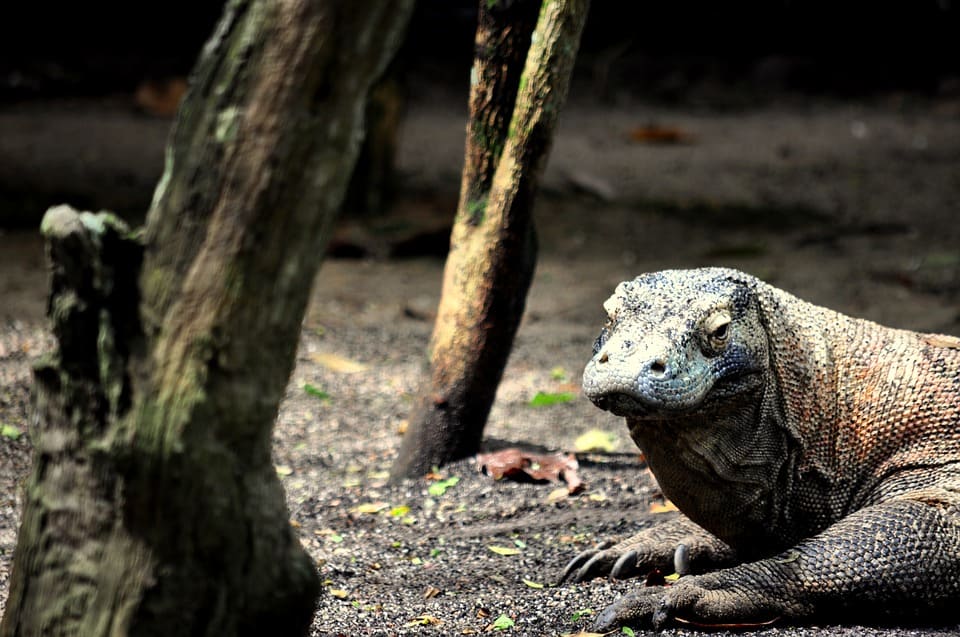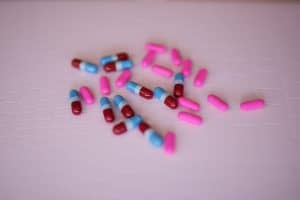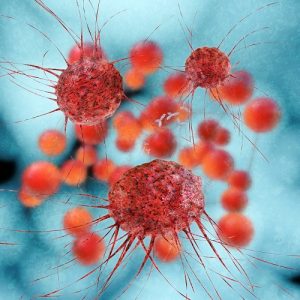
Komodo dragon blood could hold secret to new antibiotic
pharmafile | April 12, 2017 | News story | Research and Development | Antibiotics, Komodo dragon, antibiotic resistance
The urgency to find new antibiotics has led researchers into the mouths of Komodo dragons. In particular, the researchers were interested as to why, despite harbouring bacteria in their mouths that lead to blood poisoning on biting its victims, the reptiles are not harmed by the bacteria.
This fact suggested that the dragons had immunity from the bacteria and, if this were the case, it pointed the way towards potentially utilising this for therapeutic uses.
It is becoming common knowledge that antibiotic resistance is on the rise and so any new leads into a potential new therapy is important news. In this case, the researchers were able to find a particular peptide in the dragons’ blood, called VK25, which stood out as potentially useful therapeutically. Early tests on the peptide found that it was able to kill bacteria, clear away biofilms and promote healing.
Biofilms are bacteria that are able to clump together in colonies, which are much more difficult to combat than single bacterium and are able to stick together on a surface, such as a wound. This makes them particularly dangerous in hospital setting where they are able to transfer to biomedical devices, such as heart valves and catheters.
To test their hypothesis, the researchers changed the structure of the peptide, VK25, to boost its efficacy and then tested the peptide in mice. In wounds that were infected with biofilms, the tweaked compound, named DRGN-1, was able to heal wounds over the course of 11 days and completely removed the bacteria. In mice acting as the control, either treated with unchanged VK25 or nothing, the wounds had not healed.
The success of the peptide opens up the possibility of the peptide being administered as a form of topical cream to patients that have biofilms that are potentially serious. The next stage will be to conduct larger safety and efficacy studies before considering trials in humans.
Ben Hargreaves
Related Content

Scientists use AI to find new antibiotic to fight superbug
Scientists at McMaster University and the Massachusetts Institute of Technology (MIT) have utilised artificial intelligence …

England’s antibiotic use is down, but antibiotic-resistant infections still spreading, report warns
A new report has revealed that GPs in England are writing fewer prescriptions for antibiotics, …

Drop in prescriptions for antibiotic leads to fewer cases of superbug in Wales
Cuts to the number of prescriptions for antibiotics have led to a drop in the …








